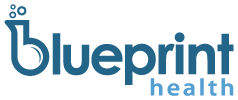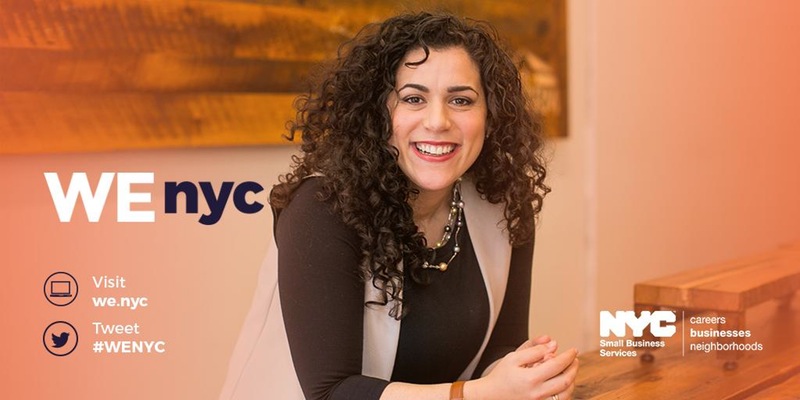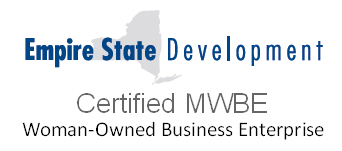|
In 2023 Epic is moving to a much anticipated web based framework. 'Hyperdrive, our new client application, is a secure, Epic-specific web browser and code-level changes are required for current web- and desktop-based Hyperspace integrations.' API integrations will certainly need to adapt to the change, while other legacy systems may be sunset. Specifically many reports will need to convert away from Crystal to other internal options like Epic's Slicer Dicer or CogitoSQL or external dashboarding tools like Tableau.
At Datanomy, we have built a robust EPIC reporting services practice that can fill any Crystal reports backlogs while this transition occurs. Please reach out to discuss your conversion strategy. As a data analyst working in a healthcare, cleaning data is an essential part of my job. Before I can start working with the data to gain insights and make recommendations, I need to make sure that the data is accurate, complete, and consistent. This involves a number of steps, which I will outline below. First, I start by inspecting the data to get a sense of its structure and content. This includes looking at the data types of each column, checking for missing or null values, and identifying any inconsistencies or errors. For example, if a column contains patient ages but some of the values are negative or extremely high, I know there is likely an error in the data that needs to be corrected. Next, I begin the cleaning process by addressing any errors or inconsistencies in the data. This might involve replacing incorrect values with corrected ones, or dropping rows or columns that contain unreliable data. I also make sure to handle missing or null values in a way that doesn't bias my analysis. This might involve dropping rows with missing values, filling in missing values with the mean or median of the column, or using a more advanced technique like imputation. Once I have corrected errors and addressed missing or null values, I move on to formatting the data in a way that makes it easier to work with. This might involve changing the data types of certain columns, combining multiple columns into a single one, or creating new columns based on existing data. I also make sure to standardize the data, which involves ensuring that all values are consistently formatted and easy to compare. For example, I might convert all dates to a uniform format, or convert all measurements to a standard unit of measurement. Finally, once the data is clean and properly formatted, I save it in a way that makes it easy to access and work with going forward. This might involve saving it to a database or a flat file like a CSV, or even creating a data model that can be used to query the data more easily. In summary, cleaning data as a healthcare data analyst involves a number of steps, including inspecting the data, correcting errors and inconsistencies, formatting the data, and saving it in a usable form. By following these steps and paying close attention to the details, I can ensure that the data is ready for analysis and can be used to make informed decisions about the care and treatment of patients. Over nearly a decade, our mission at Datanomy has always been resoundingly clear, to do the most good we can with hospital data. During these unprecedented times, the urgency of that mission comes into focus.
Yet we've heard from our hospital partners across the country how at this point basic needs are the priority; front line staff, PPE, ventilators. But data illuminates dark corners and we know how essential COVID-19 reporting and population health analytics is at this point, perhaps now more than ever before. And that is why starting today, Friday, March 27th, 2020, we are opening up any extra capacity we have to any hospital in need, free of charge. That includes Epic certified staff, data analysts, project managers, business analysts and more. In the coming hours hospital staff will be able to submit a needs assessment directly on our website and Datanomy staff will get back to you as soon as possible with any available capacity. We'll get through this together. Be well, Dayna Datanomy CEO, Dayna Sessa was selected as an ambassador and mentor to women entrepreneurs throughout New York City's five boroughs through the city's inaugural WENYC initiative intended to empower and advocate for women's entrepreneurship. She will be holding workshops, office hours, and speaking engagements in conjunction with NYC Small Business Services. Additionally, she will be working with the city to create a robust online resource platform to serve the population. Find her quoted in the city's press release.
“As a data strategist, I know how crucial it is to present data in a functional, approachable and attractive way. The WE NYC Portal is an empowering tool for women entrepreneurs that does just that – pulling together many disparate pieces of information into one comprehensive and user friendly resource,” said Dayna Sessa, CEO of Datanomy Group Our founder and CEO, Dayna Sessa, will be giving a dynamic presentation, 'Rare Diseases: An opportunity for patient engagement' at the Stanford MedX conference in September. Registration is still open, and we look forward to seeing many of you there.
"Medicine X is a catalyst for new ideas about the future of medicine and health care. The initiative explores how emerging technologies will advance the practice of medicine, improve health, and empower patients to be active participants in their own care. The “X” is meant to encourage thinking beyond numbers and trends—it represents the infinite possibilities for current and future information technologies to improve health. Under the direction of Dr. Larry Chu, Associate Professor of Anesthesia, Medicine X is a project of the Stanford AIM Lab."  447 Broadway 447 Broadway As we have become more involved in the health tech ecosystem in SoHo, we have found ourselves in the Blueprint Health space often, for meetings, presentations, pitches and the overall vibe. So, we made the relationship more permanent and now you can find some of our team there during the week, building synergies with other companies and perhaps doing some presentations about big data in healthcare. Come and find us, we'd love to chat.  We are honored to receive another certification that recognizes our Woman-Owned Business status, this time from the city of New York. We look forward to new prime contracting and subcontracting opportunities with the city and other organizations that seek more expansive vendor diversity. We are so pleased to announce that Datanomy was selected as a top 10 finalist for the Cartier Women's Initiative by the American jury. We would like to thank the judges and the students from Insead for the prestigious recognition.  The Cartier Women's Initiative Awards are an international competition created in 2006 by Cartier, the Women's Forum, McKinsey & Company and INSEAD business school to identify, support and encourage women entrepreneurs. We're pleased to announce that Datanomy Group has recently been certified as a WBE by the state of New York.
|
Datanomy News
Updates about Datanomy Archives
December 2022
Categories |
Copyright 2020 | 447 Broadway, 2nd Floor, New York, NY 10013 | 646.580.5070 | [email protected]
DATANOMY GROUP LLC, A NEW YORK LIMITED LIABILITY COMPANY
Datanomy® is a registered trademark of Datanomy Group LLC
Datanomy® is a registered trademark of Datanomy Group LLC









 RSS Feed
RSS Feed